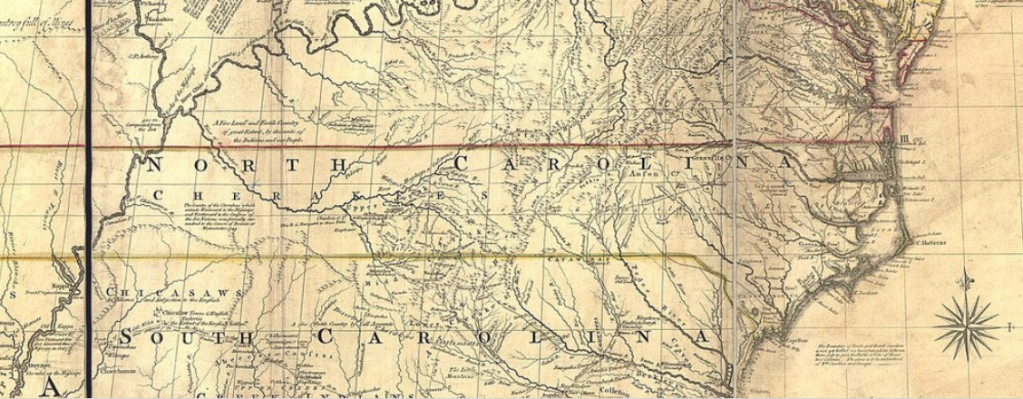Some of my quarantine coursework has launched me into a consideration of the PGM (Greek Magical Papyri), early modern grimoires, and late 19th – early 20th ceremonial magic. Depending on how you like to frame things, these practices and texts are part of the bedrock upon which Gardnerian Wicca was built. And whatever you think about the history and origins of Wicca[1], Neoplatonism and Hermetic philosophy permeate much (though certainly not all) of contemporary magical practices and contemporary Pagan philosophies. That’s not blanket, of course – the world is big and people are diverse. But that’s a framework from which many view the Manifest world, the Unseen world, and their own magical practices. I’m one of them (with caveats), so I wanted to start there.
In engaging with a sustained study of these texts during quarantine, I’ve already found that my circle castings are better, my focus is keener – it’s just been magically really helpful. It’s useful to look back at what you do sometimes, and to pull apart the different elements of a ritual[2], to really grok them with the benefit of new information at hand. It’s why I re-read Gerald Gardner’s books periodically, even when big chunks still make me roll my eyes.
At the same time, while ‘knowing where you come from’ (magically) can offer a lot of interesting information, it isn’t essential either. The same is true biologically — knowing where you came from is powerful and empowering information – but you don’t need that to forge a clear identity, a sense of family, or lineage. Most folks who are adopted can confirm that. Shoot, in the United States, most African Americans live that truth every day: it’s one of the many brutal results of a vicious history (which is still playing out to this day).
See, each and every day, you forge your own destiny. With every decision and action, you craft what will someday be your own history, and that in turn will become part of your family’s history as well (whether you have children or not, actually). At the same time, if you can know your own history, there can be a tremendous benefit in it. And there are different ways to find out that history. Take biological history: if you were adopted, genetic testing can give you a great deal of information about your biological origins, potential disease risks – all kinds of things. But that information only defines you as much as you decide to shape it moving forward.
Your past, whether it’s biological, magical, familial, professional, or whatever, has placed you on a particular road. But you can go wherever the hell you want — even off-road, 4runners be damned (great cars, though). But, this is the benefit of history: if you know a particular path just runs you through a giant patch of poison ivy, while another path gets you to the same location, sans poison ivy but an hour longer, well, you have autonomy. You can go where you want. Me? Poison ivy sucks, and I love long walks in the woods, so there ya go. Sure, instant teleportation would be great, especially if the path your born on sucks. But, that’s sci-fi. We’re working with magic.
One of my on-line courses recently prompted us to write about ‘where we’re from.’ Honestly, I’ve been avoiding those writing exercises because I’ve been so busy wrestling with a theologically sound approach to the grimoires. And this isn’t the first time I’ve written the ‘where I’m from’ story. People sometimes talk about being drawn to a particular belief system, magical tradition, and/or religion. Whether this is due to their natural proclivities or they’re being Called by something Unseen, is hard to say, and certainly must vary. But asking yourself ‘where you’re from’ is one way to start looking at that question through the lens of your past experiences.
And I’ve found that each time I write this story, I glean something a little new. Each time I write it, the framework of my life re-shapes the telling. So, I’ll be telling it again (somewhat redacted) in these next blog posts.
If you’re a Seeker, it’s a great exercise, I highly recommend it. And if you’re not a Seeker, but a magical practitioner wrestling with any of these same questions, please do drop a note – it always helps to know we’re not actually alone.

[1] I’m a Hutton-ite, for sure, but if you’re not, please know that I love reading about and considering the opposing frameworks, theories, and research. I’m very much looking forward to the next decade of writing on the origins of Wicca! And if you’re, like, ‘Hutton-ite, what?’ this means I tend to agree with the conclusions of Prof. Ronald Hutton from his text Triumph of the Moon. I’d certainly recommend it, although it’s very much an academic text. And I’ve found his book The Witch: A History of Fear, from Ancient Times to the Present to be a great compliment.
[2] And, Prospective-Gardnerian-Seeker, I really recommend Deborah Lipp’s Elements of Ritual as well.

